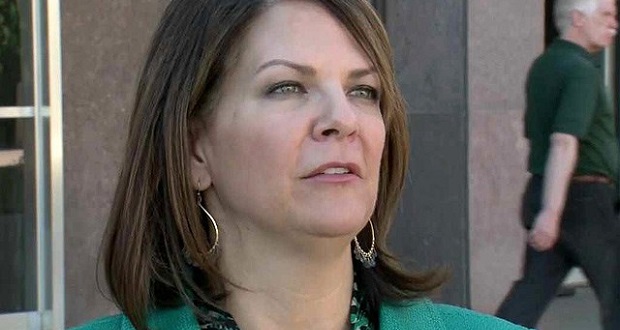No citizen initiatives will make ballot for first time since 1978
Howard Fischer, Capitol Media Services//July 3, 2014//[read_meter]
No citizen initiatives will make ballot for first time since 1978
Howard Fischer, Capitol Media Services//July 3, 2014//[read_meter]
For the first time in more than three decades, Arizona voters are not going to get a chance to make their own laws. It appears that none of the petition...
















